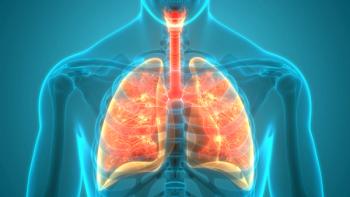
Low socioeconomic status was associated with greater in-hospital mortality and decreased use of advanced therapeutic options.

Low socioeconomic status was associated with greater in-hospital mortality and decreased use of advanced therapeutic options.
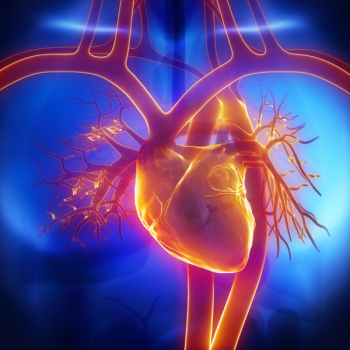
Omega-3 fatty acids among the micronutrients found to provide a benefit to cardiovascular health.

Nearly half of the study population received a first-time hypertension diagnosis post hospitalization, with approximately half of these new cases occurring more than 6 weeks postpartum.

Muscle pain is a significant reason why many patients fail to remain adherent to their statin medication regimen.
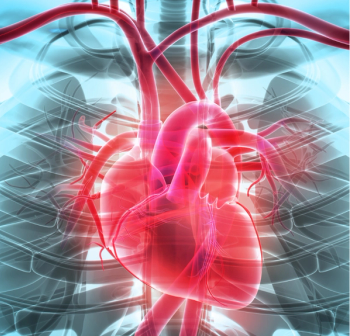
Patients with difficult-to-control hypertension have greater risk of heart attack, stroke, end-stage renal disease, and heart failure.

Mild preeclampsia and late-developing preeclampsia were not found to increase risk of stroke as much as early-stage.
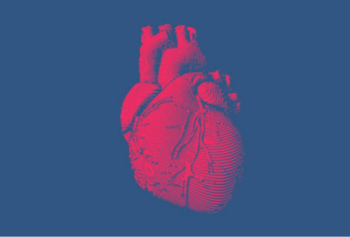
Patients administered 75 mg or higher of olpasiran every 12 weeks had a 95% or greater reduction in Lp(a) compared to placebo at week 36.

Evolocumab found to reduce reduced adverse cardiovascular events in combination with statin therapy compared to placebo plus statin therapy.

In 2020, heart disease death rates increased in adults across all age, sex, racial and ethnic groups, specifically among younger adults and non-Hispanic Black adults.

Session presenters at ASCP 2022 Annual Meeting discuss the benefits and disadvantages of apixaban versus warfarin for anticoagulation.

However, findings do not preclude the possibility that mechanisms other than cardiac remodeling may be responsible for benefits of SGLT2 inhibition.
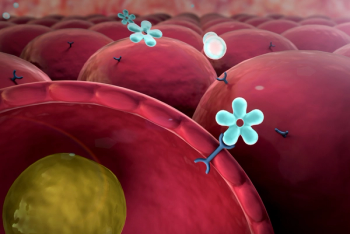
Approximately 10% of patients in trial experienced a heart attack, stroke, blocked arteries requiring treatment, or death from cardiovascular disease.

Chlorthalidone was associated with more individuals with potassium levels below 3.1 mmol/L, suggesting a greater risk of hypokalemia.

Controlling blood pressure may be the most important type of treatment for vasculitis and lupus patients, said a professor of renal medicine at ASN Kidney Week in Orlando, Florida.

In addition to the ongoing COVID-19 pandemic, significant public health concerns include opioid overdoses, maternal mortality disparities, and climate change.

FDA Commissioner Robert Califf said that misinformation is the most common cause of death in the United States.
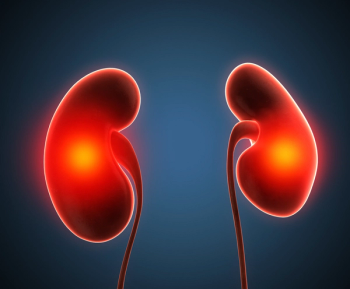
It may be worth considering the pathophysiology and vascular complications of chemotherapy, especially among patients who are already hypertensive.

Among nicotine users, there was an approximately 4 beat per minute jump in heart rate after vaping or smoking.

Chronic hypertension during pregnancy increases the risk of poor pregnancy and birth outcomes.

ASCP 2022 session presenters review the evidence that tipped the scales against the use of aspirin for primary prevention in patients aged 60 years or older.
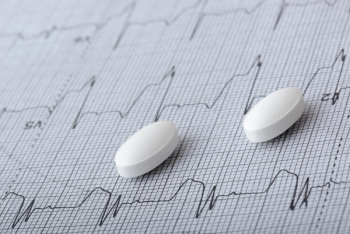
ASCP 2022 session presenters discuss medications that can cause QTc prolongation, with a particular emphasis on a review of the literature with regards to QTc prolongation and antipsychotics.

In patients with hypoxic-ischemic brain injury, researchers observed no significant difference between liberal and restrictive oxygenation on any-cause death.
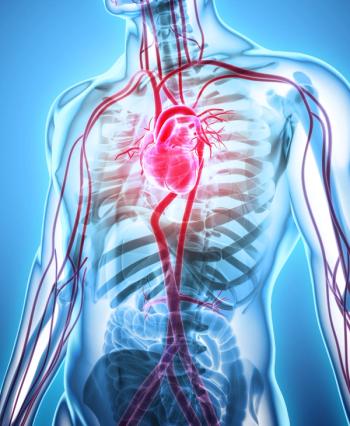
The treatment modulates the number of myosin heads that can enter “on actin” states and lowers the probability of force-producing (systolic) and residual (diastolic) cross-bridge formation.

New research suggests that high levels of an immune protein in kidney disease might be able to predict risk of heart failure or death by reflecting the upstream process of stress.

Previous studies have shown that PAD also impacts health status and functioning.